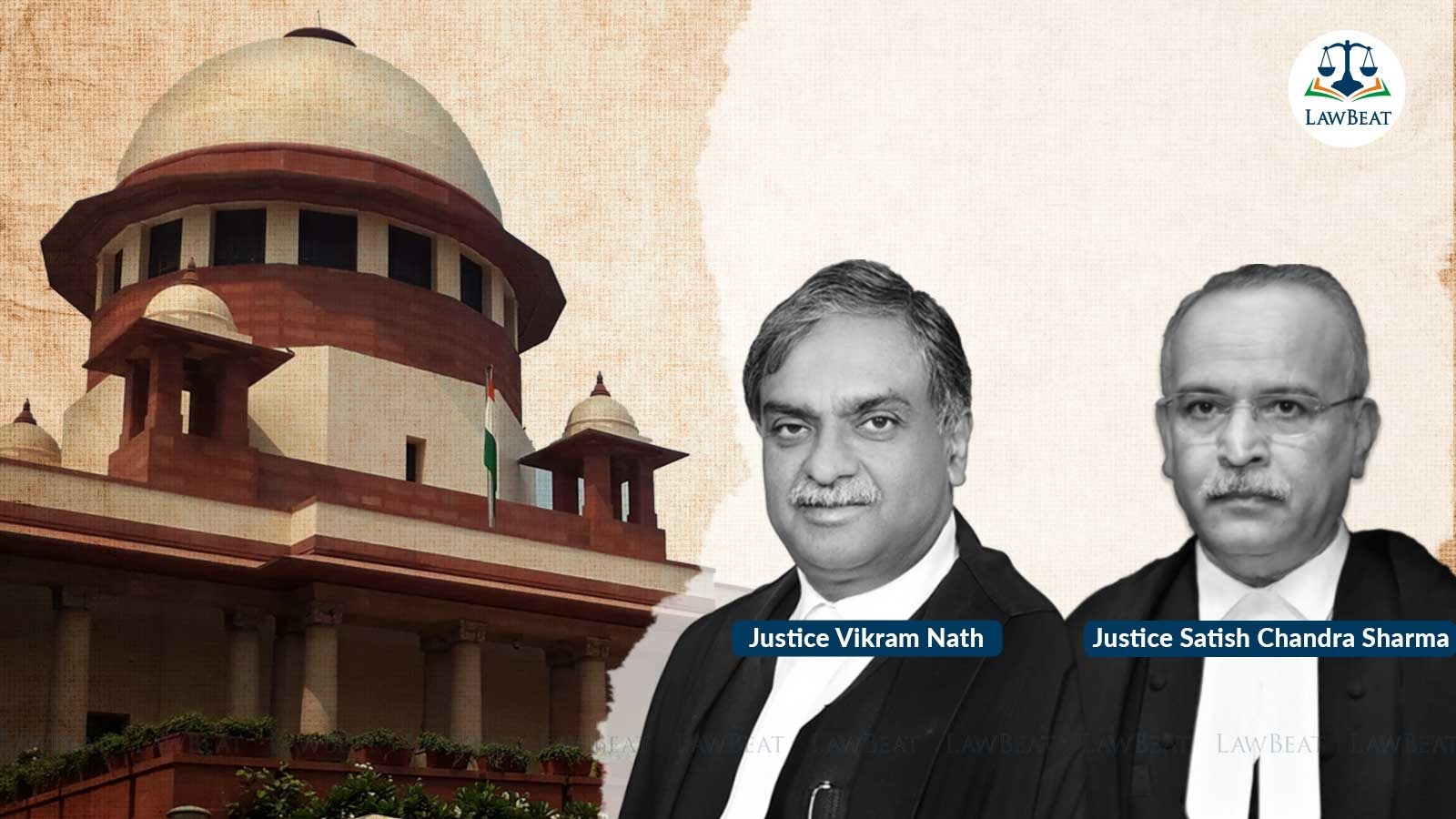Without specific challenge, can't say state rules for border tax bad in law: SC

Court left the issue whether the States are empowered to impose border tax upon transporters or tour operators despite passage of All India Tourist Vehicles (Permit) Rules, 2023 for the respective high court to adjudicate
The Supreme Court has on July 9, 2024, said that without a specific legal challenge to the state enactments, rules and regulations, it cannot be said that the demand of border tax or authorisation fee at the borders upon the transporters and tourist bus operators by the respective State Governments is bad under law.
A bench of Justices Vikram Nath and Satish Chandra Sharma declined to interfere with the demands being raised by the state governments while giving liberty to the petitioners to approach their respective high courts for their relief.
The court was dealing with a batch of 117 petitions, including four contempt petitions, filed primarily by the transporters and tour operators under Article 32 of the Constitution, assailing the legality of different state governments levying and collecting authorization fee or border tax in violation of All India Tourist Vehicles (Permit) Rules, 2023.
In some cases, there was a challenge to the All-India Tourists Vehicles (Authorisation of Permit) Rules, 2021 as also certain provisions of Motor Vehicles Act, 1988, however, such petitions were filed prior to the coming of the Rules, 2023. As such, the reliefs were amended seeking directions for compliance of provisions contained in the Rules, 2023.
In some cases, petitioners also sought refund of the fee already realised by the state authorities at the time of their vehicles entering the State.
Initially, it was the State of Tamil Nadu which was said to be realising the border tax or authorisation fee but, later on, several other States were also complained of realising similar fee despite the transporters or the vehicles entering the State having already paid the requisite tax or fee under the Rules, 2023.
The Rules, 2023 superseded the All-India Tourists Vehicles (Authorisation/Permit) Rules, 2021.
After the Rules, 2023, the court noted that the power of levying or collecting border tax or authorisation fee by the state governments at various border check posts from vehicles carrying All India Tourists Permit was to be done away with.
"There were primarily two objects of bringing in the Rules, 2023. Firstly, to make the movement of such tourist vehicles across the country through different States seamless and smooth; and secondly, the revenue to be generated by the Centre to be proportionately shared with the state governments, also taking into account their previous revenue generation, and also, keeping in mind that their earlier revenue income was not reduced in any manner," the bench said.
As the transporters started facing difficulties and harassment at the borders of different States where they were again being demanded the fee, they filed the group of petitions.
They questioned such demand on several grounds ranging from double taxation; levy being without legal authority, being in violation of Rules 2023 which had been framed under Entry 35 of List II of the Seventh Schedule to the Constitution, and various other grounds.
Upon notice, States appeared. They contended that the demand being raised by them was primarily under the rules framed by the respective State Governments under Entries 56 & 57 of List II of Schedule VII of the Constitution. They defended their competence to frame the rules, to levy and collect the taxes, which according to them, are in accordance to law.
They submitted that the petitioners, in case, had any grievance ought to have approached the respective high courts under Article 226 of the Constitution rather than approaching the top court under Article 32 of the Constitution.
State Acts or Rules levying such tax have not been put to challenge and therefore, the petitions deserve to be dismissed, they said.
"Although counsel for the parties have raised their arguments on merits, but we are not inclined to go into the merits of the matter at this stage, as apparently, the fundamental question to be decided would be whether levy and realisation of taxes by the respective states is covered by the Act and Rules framed by the respective States under Entries 56 & 57 of List II of Schedule VII of the Constitution or not," the bench said.
"The petitioners, in order to succeed, have to consider challenging the State provision contained in the Act. There is another reason why we are not entertaining the matters on merit is that the petitioners ought to have first approached their jurisdictional High Courts to challenge their respective State enactments," the bench added.
The court, accordingly, disposed of the petitions without interfering with the demands being raised by the state governments while giving liberty to the petitioners to approach the jurisdictional high courts for their reliefs.
The bench, however, clarified that the court neither entered into the merits of the matter nor examined the same.
"Insofar as the tax already recovered, the same would be subject to final outcome of the petitions that may be filed before the High Courts. Insofar as the period of interim order passed by this court is concerned, the petitioners would give undertakings before the High Courts that, in case they fail, they will make good on demands which would have been raised for the period for which the stay has been enjoyed," the bench said.
Case Title: Muthyala Sunil Kumar Vs Union of India & Ors and Connected Matters
